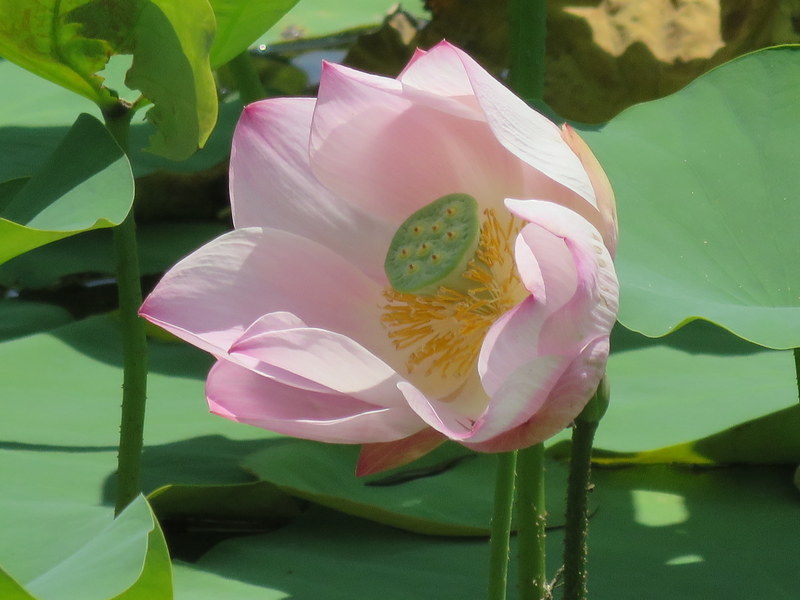古之善為道者,非以明民,將以愚之。
民之難治,以其智多。
故以智治國,國之賊;不以智治國,國之福。
知此兩者亦式。
常知式,是謂玄德。
玄德深矣,遠矣,與物反矣,然後乃至大順。
Those of ancient times who were adept at the Tao
Used it not to make people brighter
But to keep them simple
The difficulty in governing people
Is due their excessive cleverness
Therefore, using cleverness to govern the state
Is being a thief of the state
Not using cleverness to govern the state
Is being a blessing of the state
Know that these two are both standards
Always knowing these standards
Is called Mystic Virtue
Mystic Virtue is so profound, so far-reaching
It goes opposite to material things
Then it reaches great congruence
(Translation by Derick Lin)

The ancient sage is good at governing the country according to the avenue of nature. He does not awaken the interest and wisdom of the people but wants the people to keep the simple and honest.
The people are hard to rule if they are smart and have a lot of intelligence.
Therefore, the use of cleverness to rule the country, which will end up harming it! Without using cleverness to rule the country, it becomes a blessing for the country!
If you know these two things, you will know the rules of governing the country.
To be able to experience and understand this rule for a long time, this is called “Mystic Virtue.”
How deep and profound is Mystic Virtue!
It is the opposite of what is common in the world so that it can be done naturally.
Lao Tzu was born into a chaotic world, and the root of the world’s chaos is that people are fighting for wisdom and pretending to be fake, so he called on people to abandon the dispute of worldly value and return to the truth. Lao Tzu aimed at the evil time and made this cynical remarks. He wanted people not to be confused by their ingenuity and craftiness and lost the original simplicity as a result. He had such a zealous heart wishing people keep the pure and honest human nature to live life following nature(Tao).




